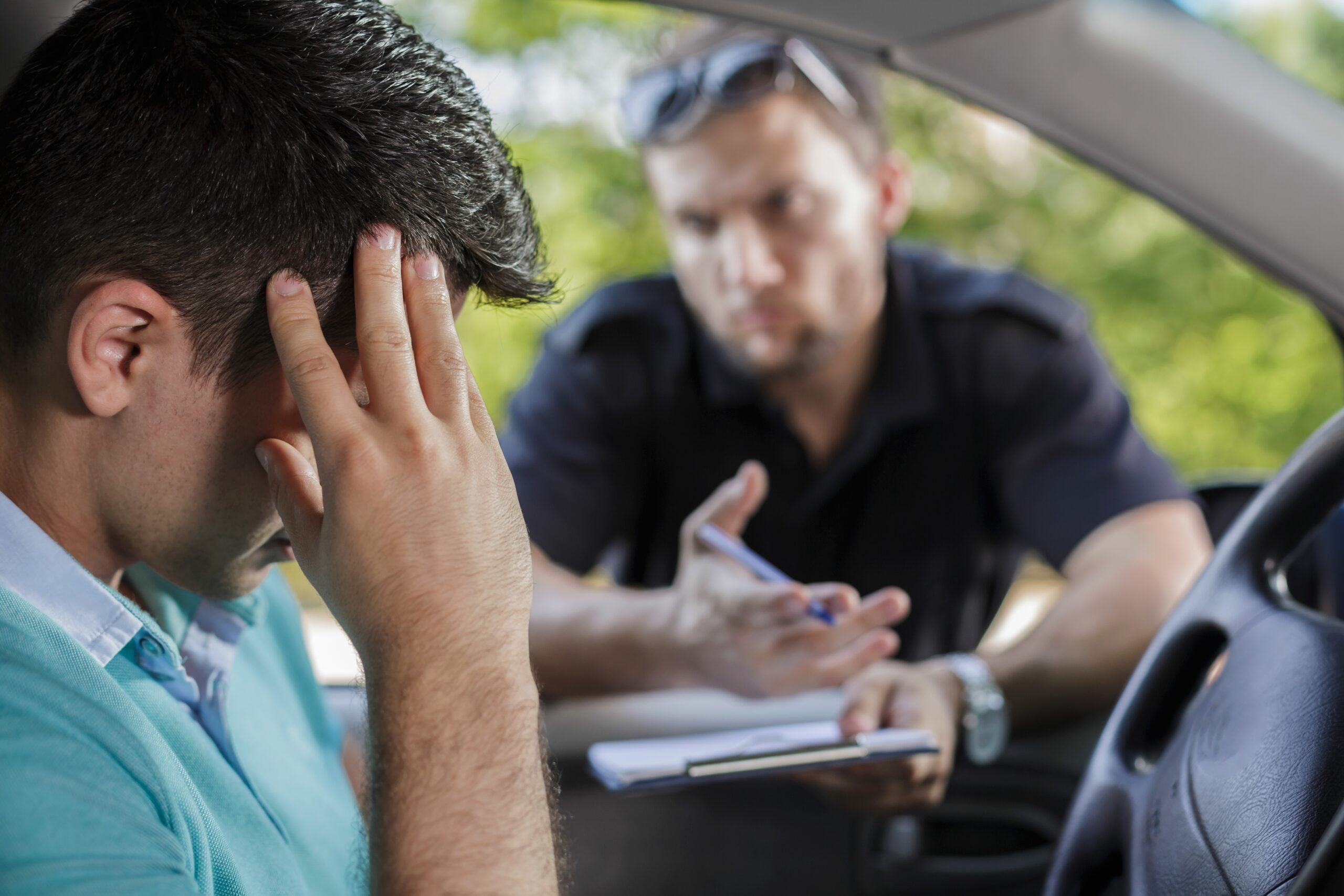Common Traffic Ticket Violations
October 26, 2021

Speeding
Most people think that speeding tickets are not that important. However, speeding tickets can be criminal matters. When a defendant is arrested for traveling at too high speeds, they can face criminal consequences. In many states, exceeding 85 miles per hour can lead to a criminal speeding ticket. Additionally, exceeding 35 miles per hour within a posted school zone or a construction zone can lead to a criminal charge.
In some cases, defendants can be charged with speeding ticket violations even when there is no posted speed limit. Drivers cannot drive at a speed greater than is “reasonable and prudent under the conditions and having regard to the actual and potential hazards then existing.” For example, driving 65 miles an hour on the freeway could be considered unreasonable if there is a massive storm coming through, or it is raining so hard that drivers can not see the roadway.
Most speeding violations are misdemeanors, and the penalties for speeding violations depend on how fast the drivers were going. For example, if a driver was going only 10 miles or less over the speed limit, he or she will face lower fines. If the driver is going more than 25 miles over the limit, he or she faces up to 30 days in jail and a more significant find. Multiple speeding violations can lead to demerits on the driver’s record and more severe penalties.
Reckless Driving
Reckless driving is a type of traffic violation involving willful or wanton disregard for other people’s safety. Usually, reckless driving charges are more serious than improper driving charges, careless driving charges, or driving without due care and attention. Reckless driving often carries a penalty of fines, driver’s license suspension or revocation, and possible imprisonment. Reckless driving often involves a particular subjective mental state, and law enforcement officers and prosecutors will use circumstantial evidence to prove reckless driving charges. For example, if witnesses saw the driver swerving in and out of the lanes of traffic at high speeds, this could be evidence of reckless driving.
Eluding a Police Officer
Eluding the police officer is an offense when someone immediately speeds away from a police officer in their car or otherwise tries to avoid speaking to a police officer. These types of charges often result when a law enforcement officer pulls someone over due to suspicious driving. Or, drivers may see a police officer’s lights turn on behind them and try to outrun the police officer rather than pull over and speak to the officer.
Eluding a police officer can also happen when someone stops their car but then decides to drive away from the police officer or drive several miles before finally pulling over at the police officer’s request. The penalties for eluding a police officer vary by state. Some states consider this to be a traffic violation charge at a misdemeanor level. Eluding a police officer is a felony charge when the driver is dangerous to the officer’s life or the life of another person or interferes with the operation of the officer’s vehicle.
Driving on a Revoked/Suspended/Restricted License
Many states will suspend or revoke a driver’s driver’s license if they are convicted of a DUI charge. If a law enforcement officer pulls someone over and checks their license only to find out that their license is revoked or suspended, he or she can face criminal charges. The severity of the charges depends on whether the defendant’s license was temporarily revoked or simply suspended.
No Proof of Insurance
Drivers should always have proof of their car insurance in their vehicle with them. When Law Enforcement Officers pull someone over, the first thing they will do is ask for their driver’s license and proof of insurance. Drivers who fail to provide proof of insurance, including drivers whose insurance has expired or do not have an updated copy of their insurance paperwork, will be given a traffic citation.
Running a Red Light or a Stop Sign
Running a stop sign or traffic light is legal in every state. Using a “California stop” by slowing down at a stoplight but not stopping is also illegal. If a law enforcement officer sees you run a stoplight or red light, you will get a ticket, and fighting the ticket can be challenging. Typically, it will come down to your word against the law enforcement officer’s word unless a witness was taking video or the action was caught on a traffic camera. Getting a ticket for running a red light or stop sign will also add points to your license, so it is worth looking into fighting the ticket.
